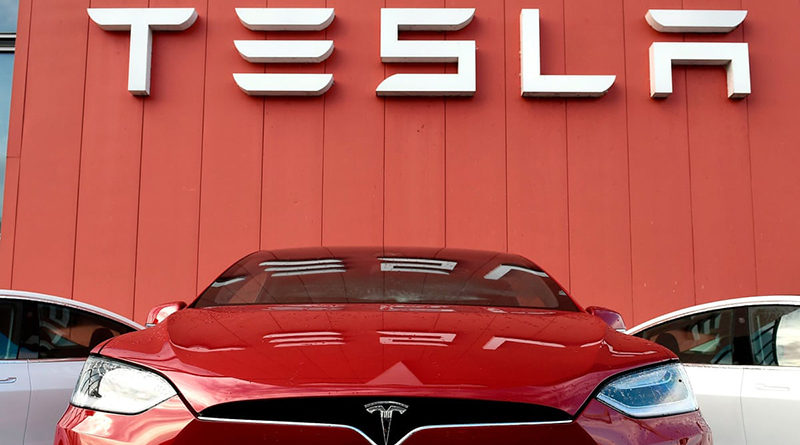Tesla wrote a letter to the Government of India, demanding reduction in import duty on electric cars
Electric car maker Tesla has written a letter to the Indian government demanding a reduction in the import duty of electric cars. Tesla says that the reduction in import duty will make the company’s electric cars cheaper, which will increase their demand in the market and the revenue of the government will also increase. However, this demand for Tesla may be sidelined by the Indian government, as the government has supported higher import taxes for many industries to promote domestic manufacturing.
According to a report, Tesla is to start selling cars in India from this year. It said in a letter to ministries and the country’s leading think-tank NITI Aayog that it would be appropriate to reduce the federal tax on fully assembled electric cars to 40 percent. Tesla has not made this letter public.
60% import duty on a car costing less than 3 million
At the same time, import duty on cars valued above $40,000 is 100 percent. Tesla said electric cars could be more affordable at a 40 percent import duty, but the limit is still high enough for companies to manufacture locally when demand increases.
Tesla Model 3 Standard Range Plus Price Rs 30 Lakh
According to Tesla’s US website, only one model i.e. Model 3 Standard Range Plus costs less than $40,000 (approximately Rs 30 lakh). Tesla and NITI Aayog did not respond to emails seeking comment. The ministries that Tesla wrote to included the ministries of transportation and heavy industry, which did not immediately respond to a request for comment.
The Indian market for premium electric vehicles, in fact, is still in its infancy last year with just 5,000 electric cars sold. Vehicles are too expensive for the average consumer and lack charging infrastructure. Of the 2.4 million cars sold in India last year, only 5,000 were electric and most were priced below $28,000.
Union Transport Minister Nitin Gadkari said in March that if Tesla is ready to start producing electric cars locally in India, then the Indian government can encourage the company to produce electric cars in India as compared to China.



